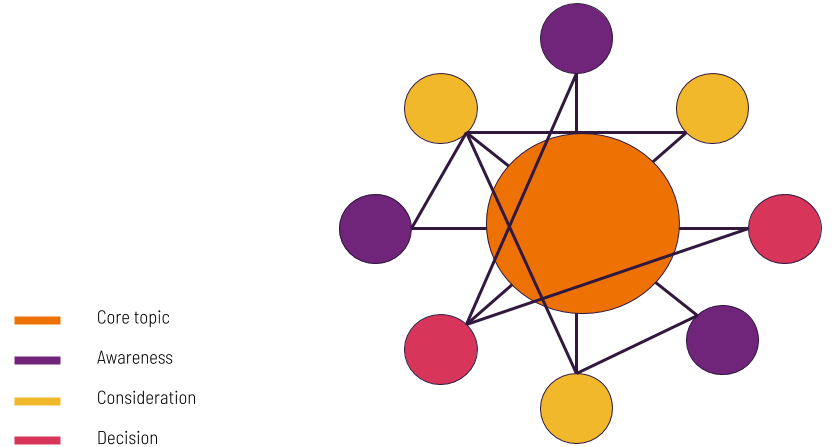As the adage goes, adversity brings out the best in man. And in these trying times, it has possibly brought the best in corporate brands too. The global pandemic has hit us on an unprecedented scale and in unexpected ways, calling for even the best marketers to rethink and adapt their marketing approach to the crisis. The pandemic has affected many adversely in different ways. Many brands respond in turn with meaningful approaches, often aimed at appealing to the raw emotions and tugging at the heartstrings of the audience. They present with empathy, with a common narrative that tells the audience the brands are in it with them and that they would ride through the crisis together. We take a look at a selection of brands and how they have shown up in their own way during the ongoing pandemic.
IKEA Singapore – “Making Home Count”

Ministry of Communications and Information – #IGotMyShotSG

NTUC FairPrice

Shifting marketing gears in the new normal










